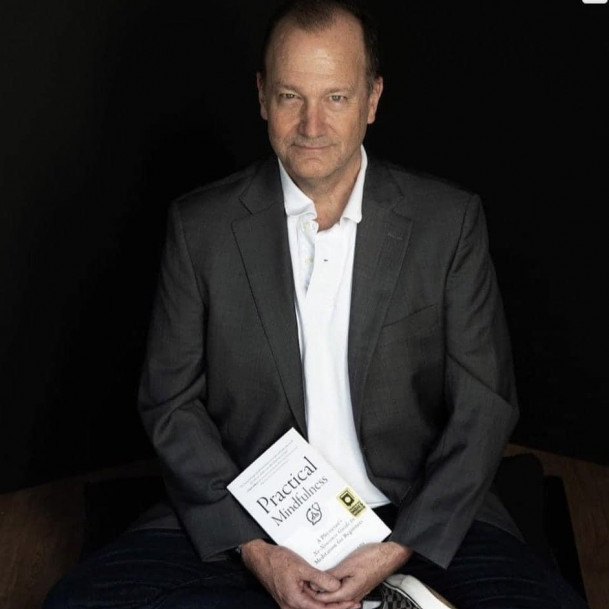"So, doctor, how do I keep my head up? It's all been so hard for so long!"
This is a pressing, common question I’ve been asked lately as we enter year two of this crisis. As caregivers, we can guide our patients to maximize their own mindful self-care as they surf this long, difficult wave.
And, of course, we’re on the same wave, and not always self-aware about the impact of our own stress, in terms of burnout and compassion fatigue. It’s easy for us to drop the self out of the equation in our work, rather than modeling mindful self-care by our own actions.
I’ve distilled the various to keep that task in front of mind into a brief set of questions to regularly ask ourselves, caregivers and receivers alike, in this difficult moment. I organize these four questions in a holistic way:
- Physical: How am I taking care of my body? Check in about how you are sleeping, about healthy eating, and getting some exercise, however limited that can be currently. This also includes a regular reminder on the "big 3" take-care-of COVID behaviors of hand washing, masking and social distancing. A regular check-in helps reinforce these well-known but easy to drop routines.
- Emotional: How am I taking care of my heart? Check in with your emotional state - how are you holding up? Is there a predominant "weather pattern" inside? Lots of us are in states of flux lately - anxiety, anger, sadness, boredom - and also gratitude and compassion. Most of it is appropriate to this moment, but intensity can be difficult, and made more adaptable if we pay regular, mindful attention to our feeling states, and even compare notes with trusted loved ones.
- Mental: How am I taking care of my mind? Check next on the "landscape upstairs." Are you tuning out? Overly glued to the news, or social media, or something else? Regular investment in mindful practices like meditation can help keep an eye on mental burnout and distraction. Taking up some "growth" practices - reading about new things, taking an online class, or learning a language, an art form or a musical instrument - can make fruitful use of a difficult time.
- Reaching Out: How am I taking care of my connections to the world? Lastly but sometimes overlooked, especially in this moment, is the care and feeding of our connections to the world and relationships outside of us - to family, friends, community, and beyond. Tuning regularly into whether we are staying connected, even if virtually, helps us overcome loneliness, isolation, and helplessness. Especially potent is finding some ways to be of compassionate help: phone contacts to others in need, letters to relatives, and even zooming into volunteer groups and meetings.
This "4-step," mindful check-in routine need not be a trial. Some of my patients commit a couple of bullet points to each in a daily journal. Others include it as a routine part of their check-in with me at our virtual therapy appointment.
The additional value-add here is that regularly tuning in to body, heart, head, and beyond cultivates mindfulness, our trainable capacity for self-awareness. It's a benefit that we can carry with us, long after this endless wave finally comes to shore.
References
Sazima MD, G. (2021) Practical Mindfulness: A Physician's No-nonsense Guide to Meditation For Beginners. Mango Press,

